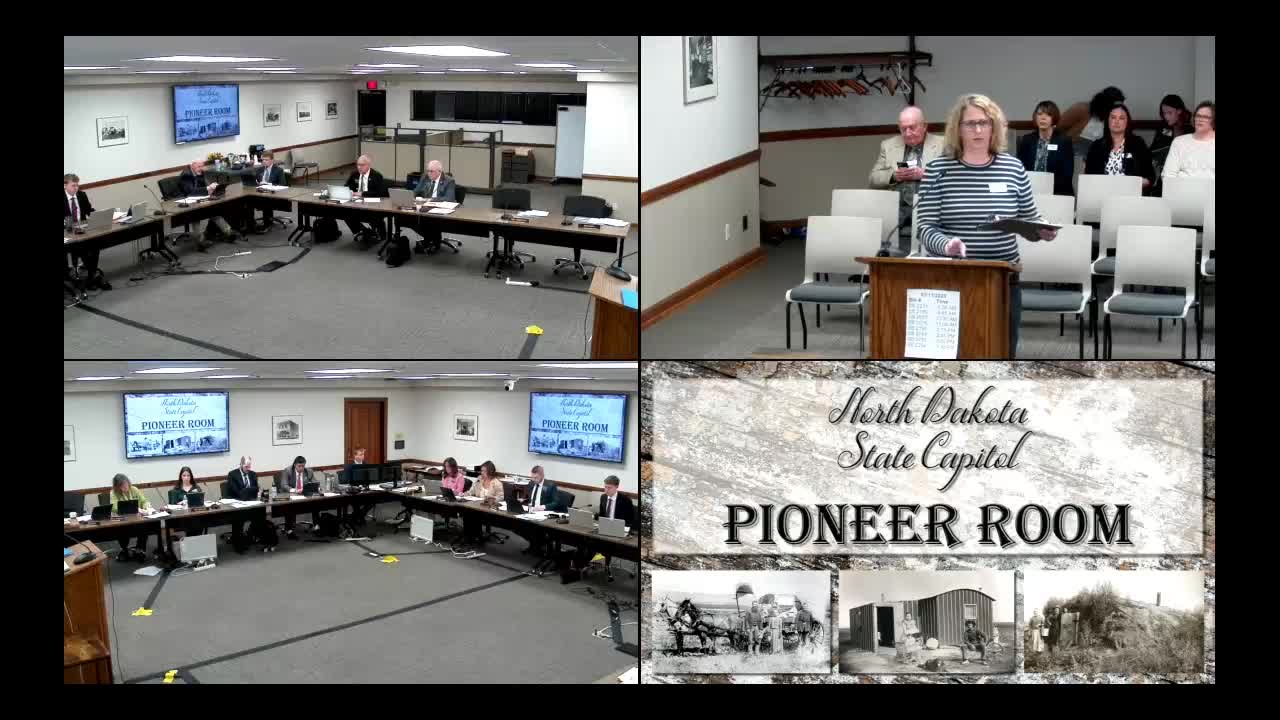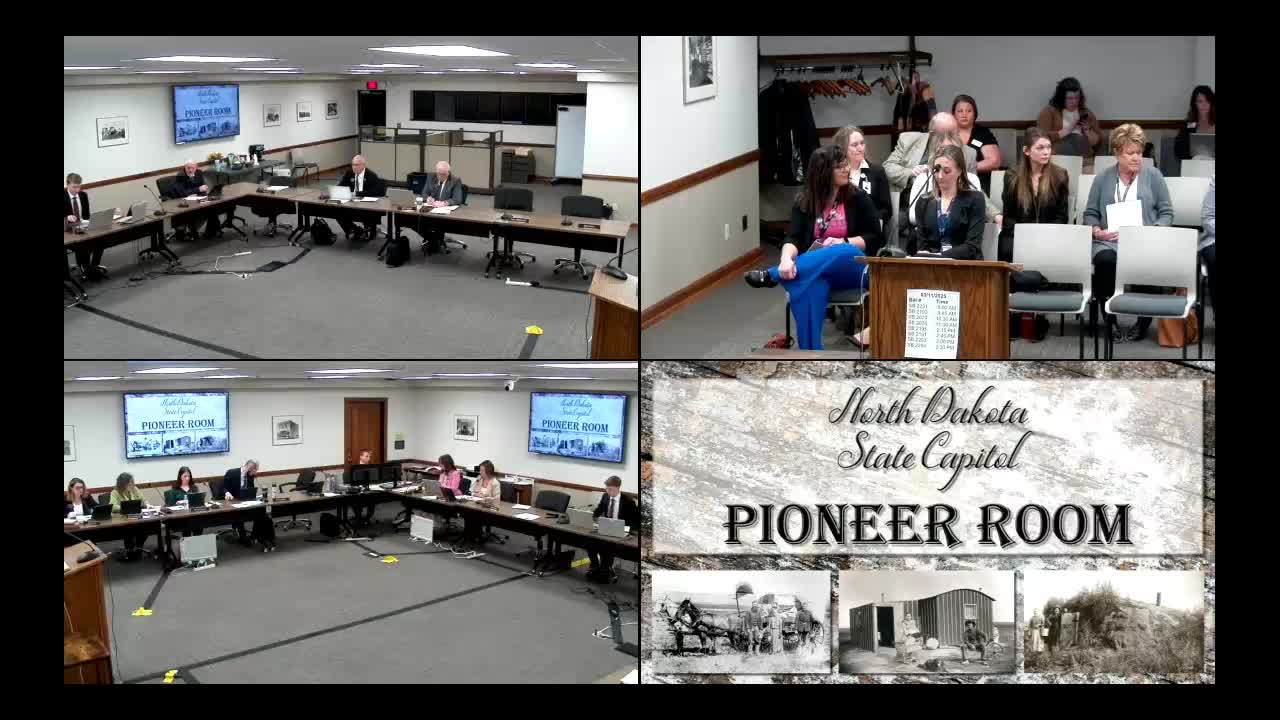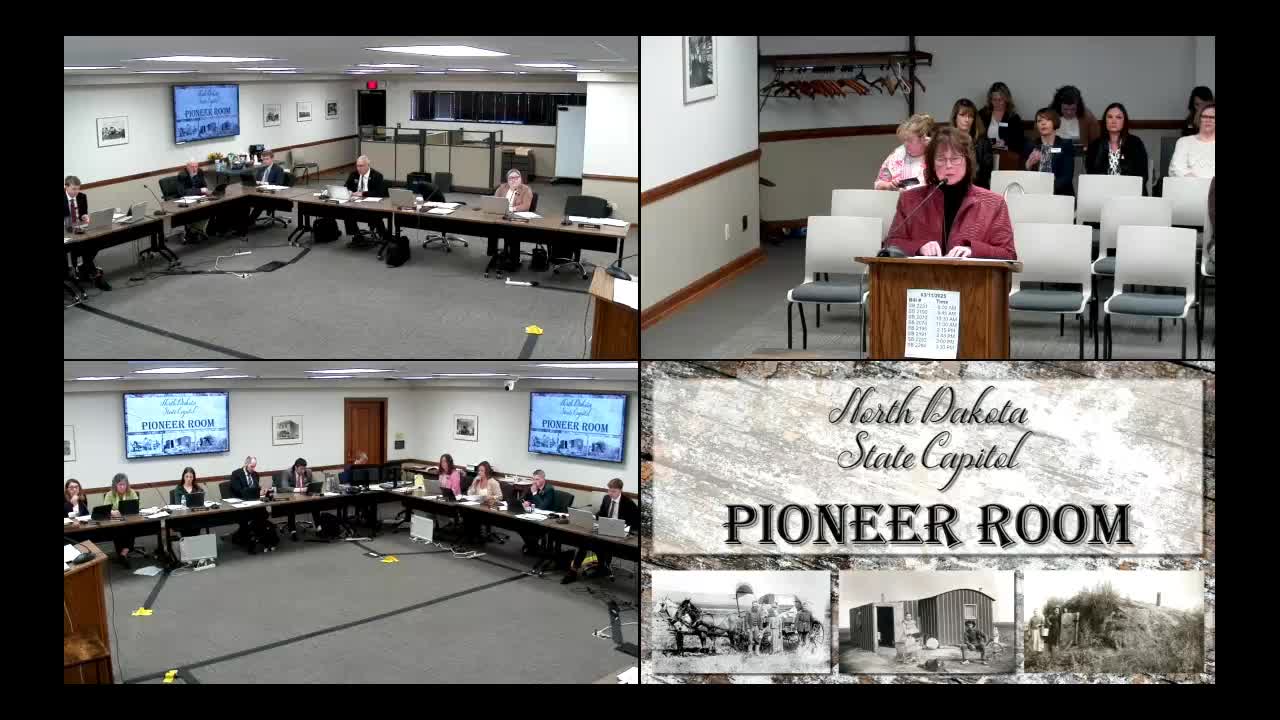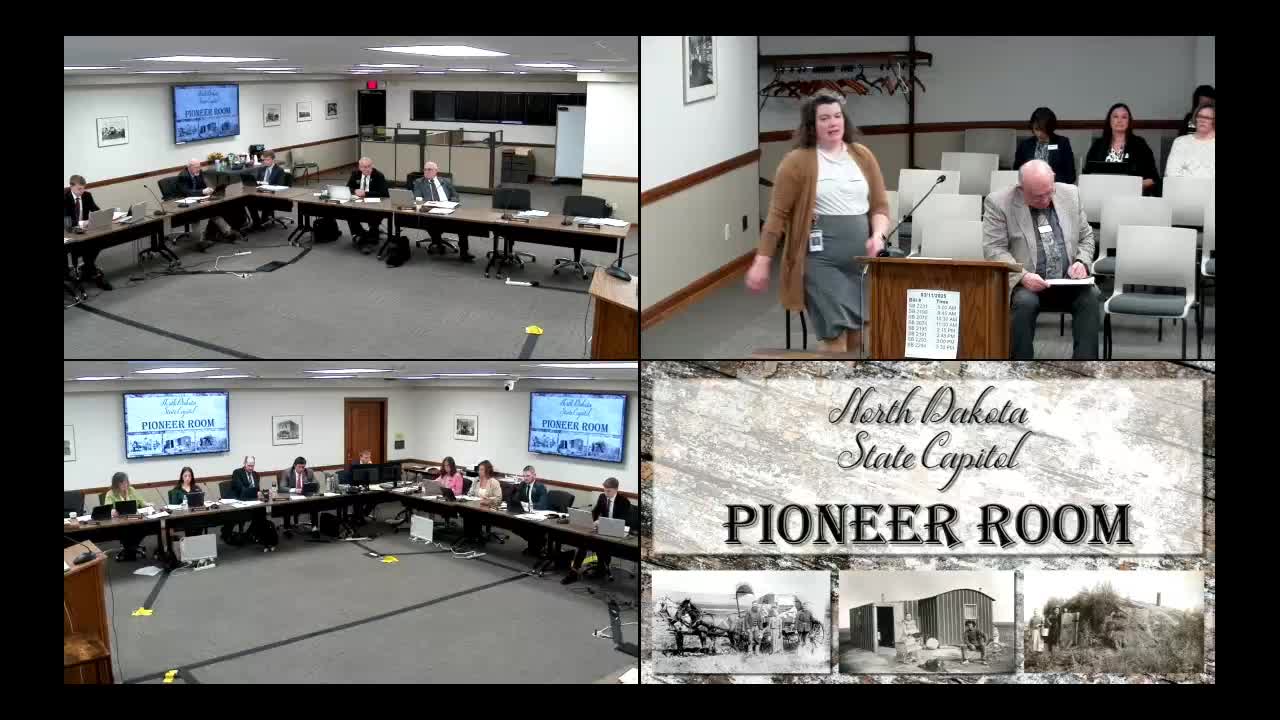Article not found
This article is no longer available. But don't worry—we've gathered other articles that discuss the same topic.

Committee hears changes to resident-rights law to clarify monitoring, transfers and refunds

Committee hears broad support to add adult dental benefit to Medicaid expansion

Committee hears department request to remove prior‑auth requirement for children on five or more psychotropic drugs

